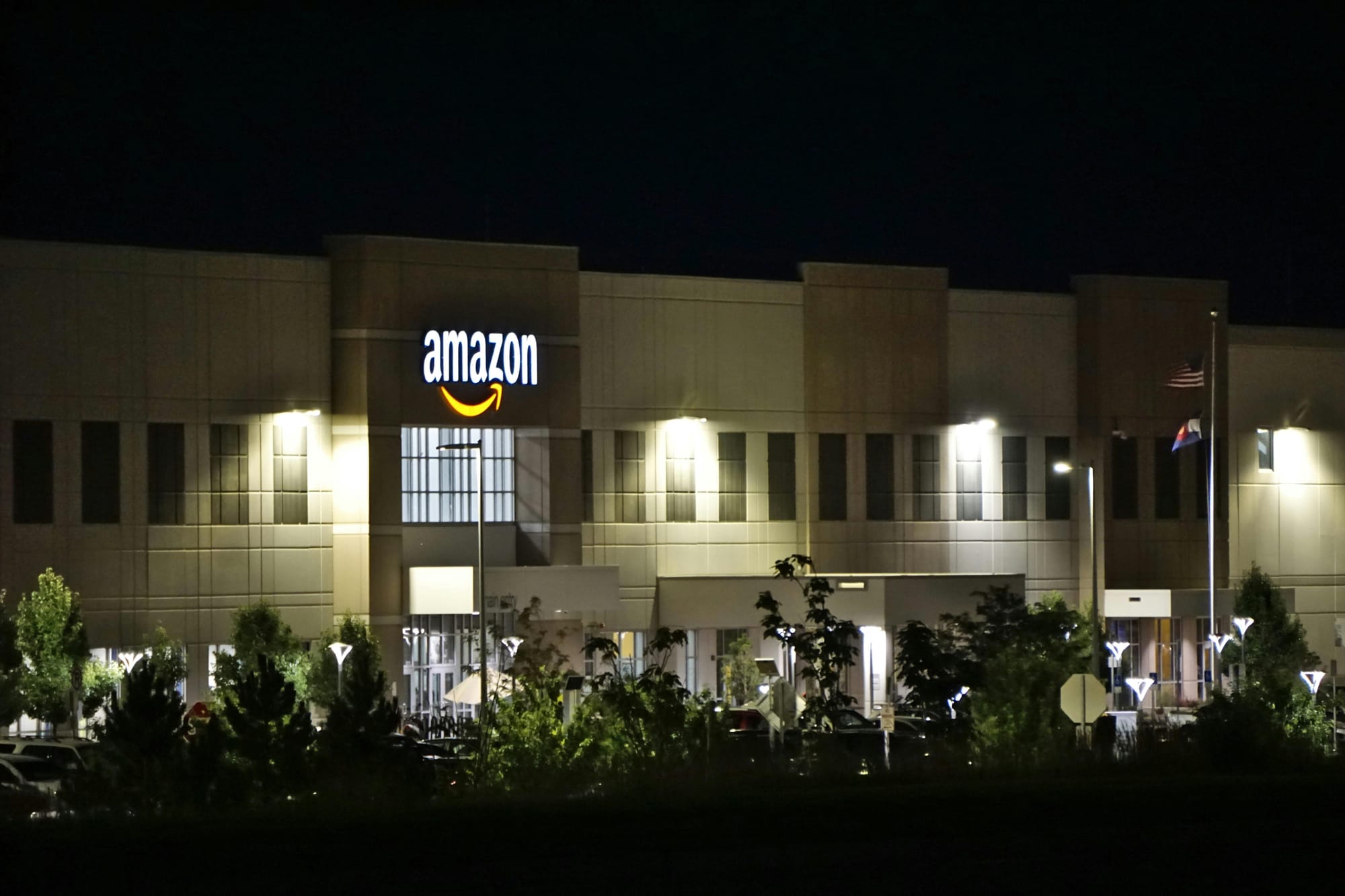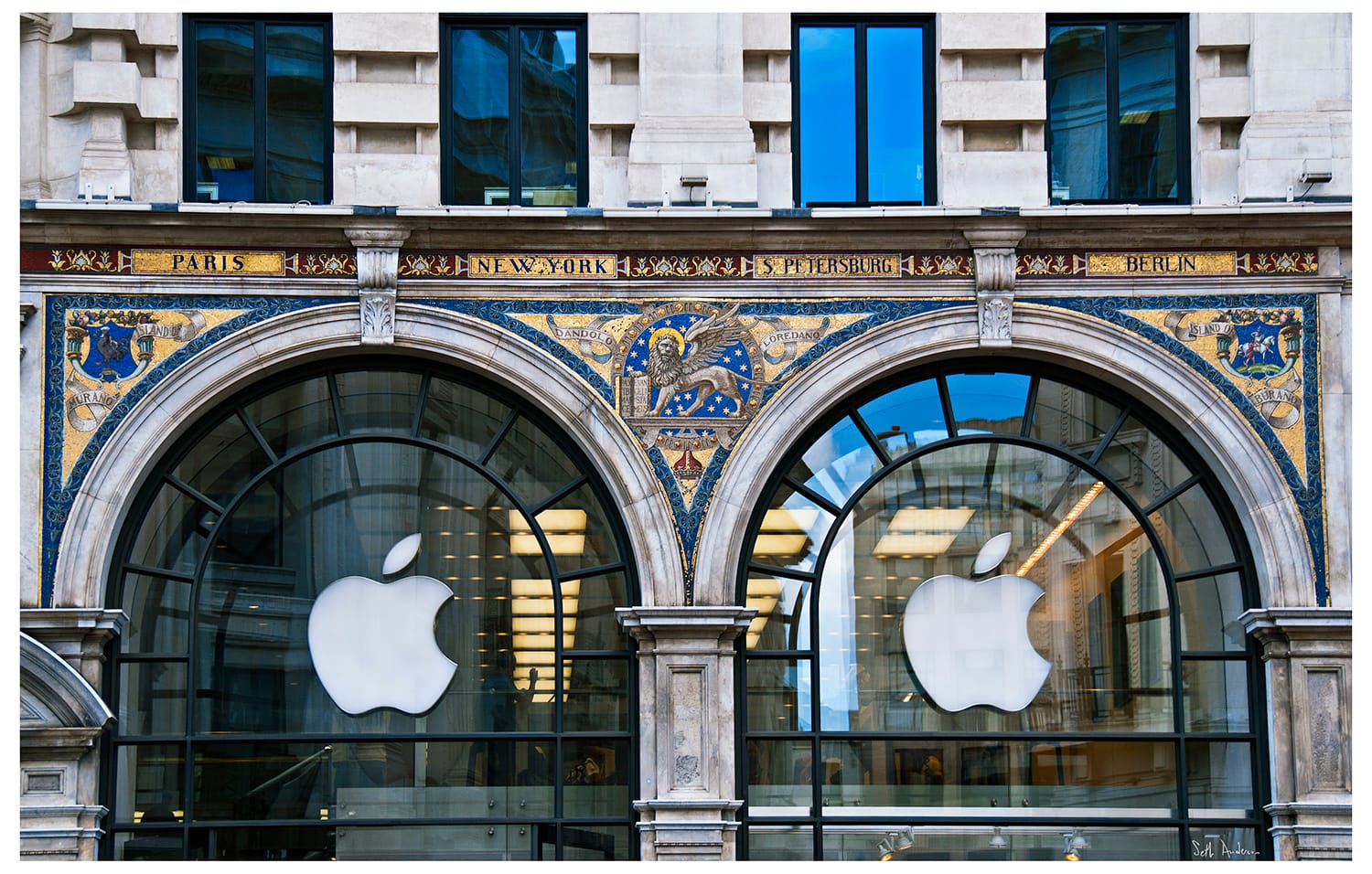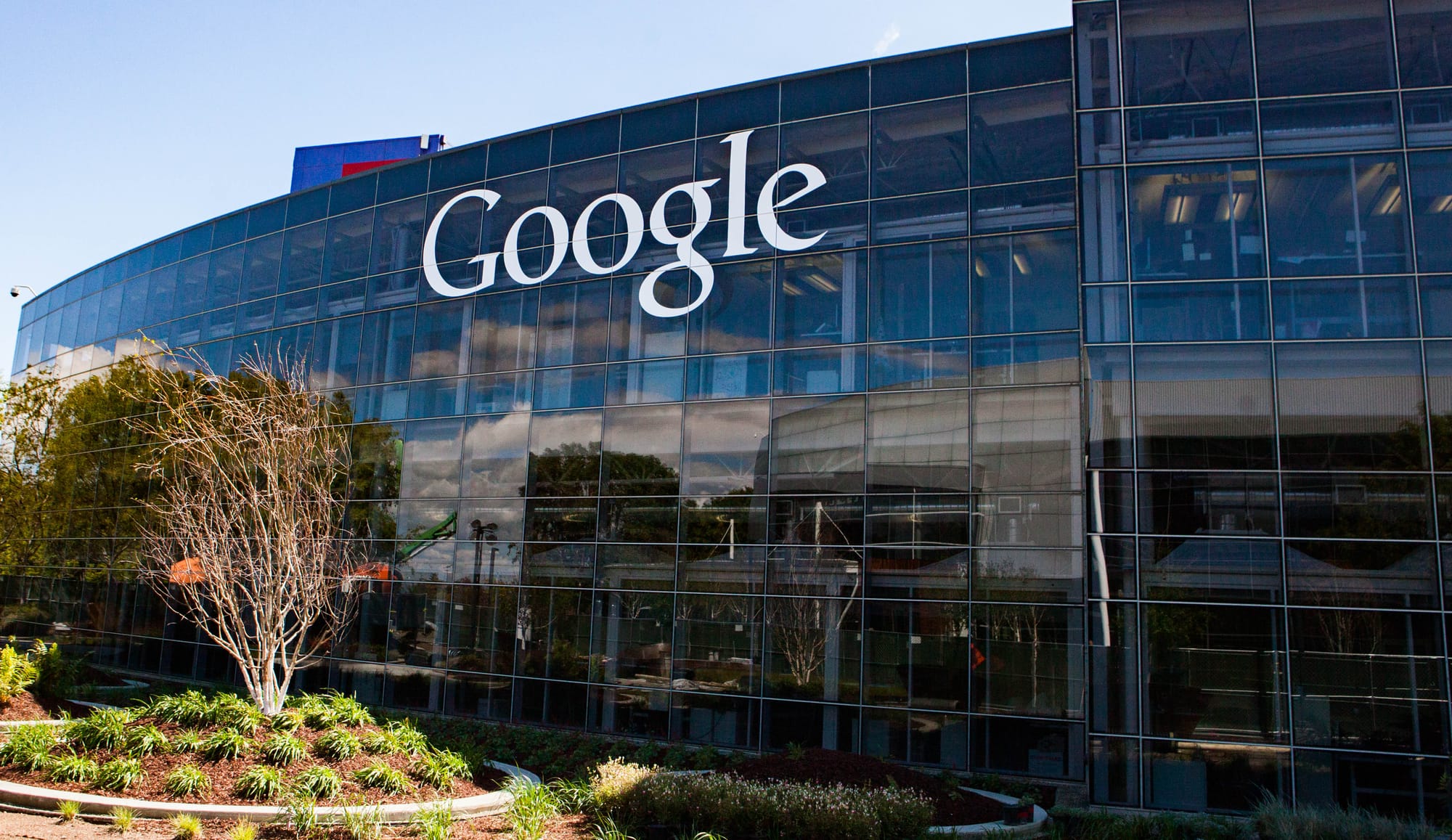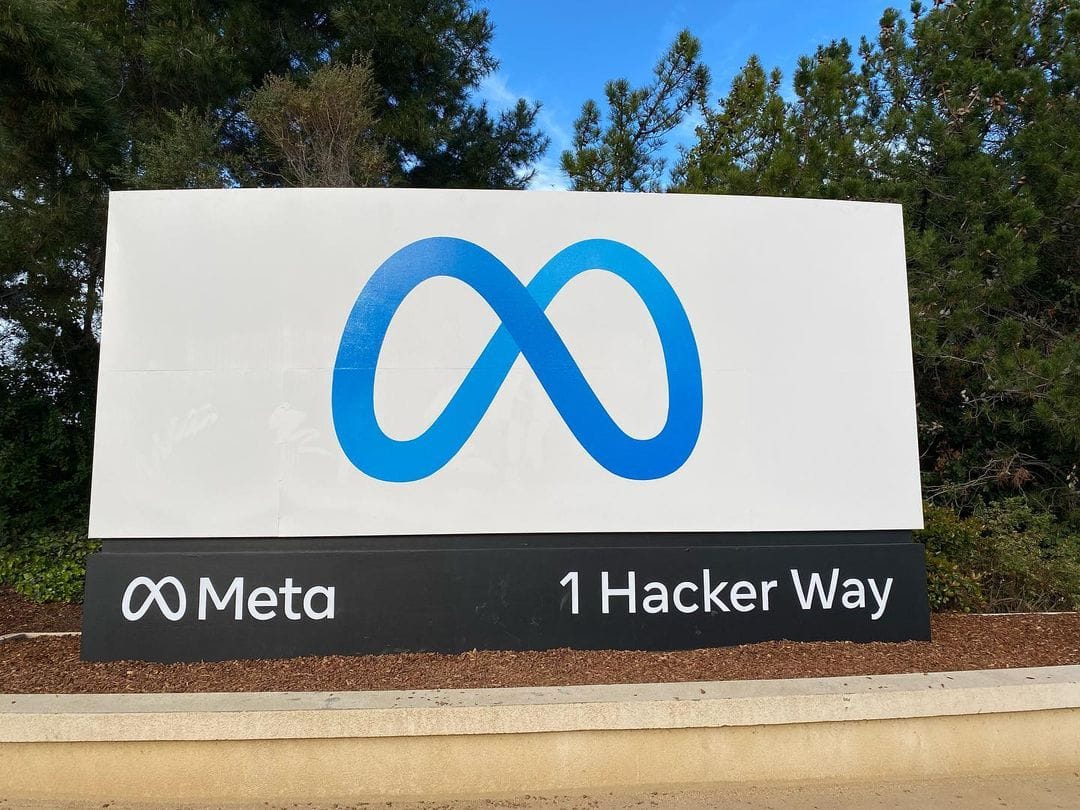By Miles Gilroy, SciTech Deputy Editor
Four of the largest US-based tech companies are currently being sued by the DOJ (Department of Justice) and the F.T.C. (Federal Trade Commission) for various business tactics used to protect and strengthen their respective monopolies.
The companies being sued are Amazon, Apple, Google (twice), and Meta, four of the top seven most valuable companies on the planet. Some of these lawsuits are several years in the making, but what have these tech behemoths actually done wrong, according to the DOJ and F.T.C.?

Amazon
The F.T.C. have been investigating Amazon since 2019, and finished building their case last year for the trial in October 2026. Amazon is being accused of squeezing sellers to protect its monopoly in the online marketplace. This involves preventing sellers from offering their products on other sites for cheaper than on Amazon by deliberately causing their sales on Amazon to tank by, for example, altering the “buy now” box to be less obvious and enticing, attracting fewer customers to make purchases. This means sellers are discouraged from selling their products for cheaper on other sites, such as their own, which creates “artificially higher prices” and an uncompetitive environment, according to the F.T.C.. This is also detrimental to the user experience as it enables Amazon to boost its own products and litter its search results with ads.
This is a rather major case for the F.T.C. as the current chair, Lina Khan, became very well known for a paper she wrote as a Yale law student in which she suggested changes to antitrust laws that would adequately combat Amazon’s dominance. Since then, Khan has vowed to attack tech monopolies and encourage a more competitive environment, benefiting both small businesses and the consumer.
Amazon has obviously disputed that their business practices are illegal and claims that this lawsuit could “force Amazon to engage in practices that actually harm consumers and the many businesses that sell in [their] store.” However, in response to the suit, Amazon has announced the reopening of a program which allows merchants to advertise products as Prime-eligible without having to do deliveries through Amazon, enabling them to use more optimal warehouses and delivery services for their needs.

Apple
The DOJ is having a stab at Apple’s monopoly, specifically in the smartphone market. Apple has been accused of blocking competition and inflating prices for consumers. The DOJ claims that Apple blocks developers from offering apps that directly compete with its own, such as cloud-based streaming apps, messaging apps, and digital wallets. Certain core features of the iPhone are off limits to third party developers. For example, Apple wallet is the only app on iPhone that has access to the NFC chip for payments, meaning finance companies are severely limited in creating their own wallet apps. Additionally, Apple deliberately ensures that connecting bluetooth devices, such as headphones and watches, made by anyone other than Apple is more difficult than for those made by Apple.
Apple claims that these practices are not against the law and that they actually enhance the user experience. “The lawsuit threatens who we are and the principles that set Apple products apart in fiercely competitive markets”

Google is facing two lawsuits from the DOJ, one focusing on its search engine monopoly, and the other on its advertising monopoly.
In the case against its search engine, Google is accused of abusing its power and paying billions of dollars a year to companies like Apple and Samsung to ensure its search engine is the default. In fact, the New York Times reports that Google paid Apple $18bn in 2021 to be the default engine on Safari. The DOJ claims that nearly 90 percent of web searches are conducted by Google’s engine, a figure that is disputed by Google.
In the case against its advertising business, the DOJ is accusing Google of performing anticompetitive mergers to maintain its monopoly. This essentially means Google has no rivals in the advertising space since it has enough money to buy any company that gets too close. This results in inflated fees for advertisers and reduced income for publishers, after Google takes a cut.

Meta
The Meta lawsuit is the longest running one on this list with the F.T.C. suing the social media giant back in 2020, before the name change. This is also the largest case on the list with 40 states joining the F.T.C., more than double any of the Google, Apple, or Amazon cases.
The case is based on Meta’s purchases of Instagram in 2012 and WhatsApp in 2014, which the F.T.C. claims were performed to illegally squash competition and maintain Meta’s powerful monopoly in social media. These purchases have deprived consumers of alternative social media platforms and the F.T.C. is calling for the deals to be unwound.
Meta strongly refutes the idea of reversing the deals since it has invested heavily in developing both Instagram and Whatsapp and it claims that they were not acquired illegally.
This case has had many ups and downs in the past few years; the initial case was dismissed in 2021 on the grounds that the F.T.C. had not adequately defined the market that it accused Meta of monopolising. However, the case was permitted a refile which is what Meta now faces.
Featured image: Flickr/wp paarz
How do you think these lawsuits will affect the shape of the tech market in the future?








